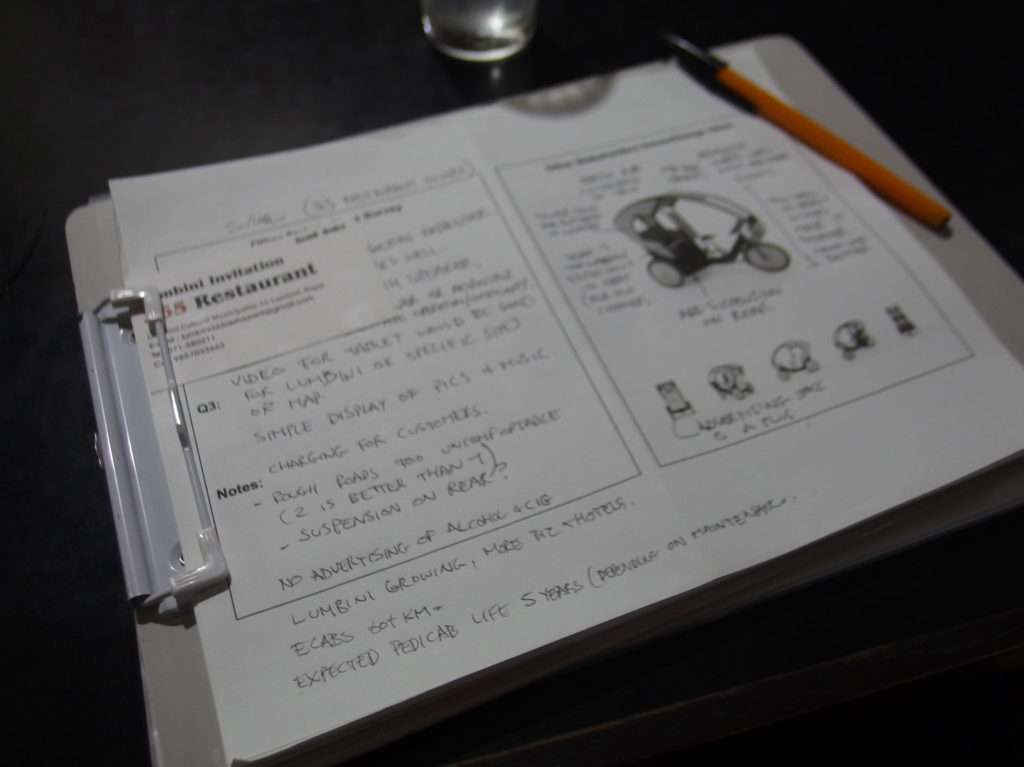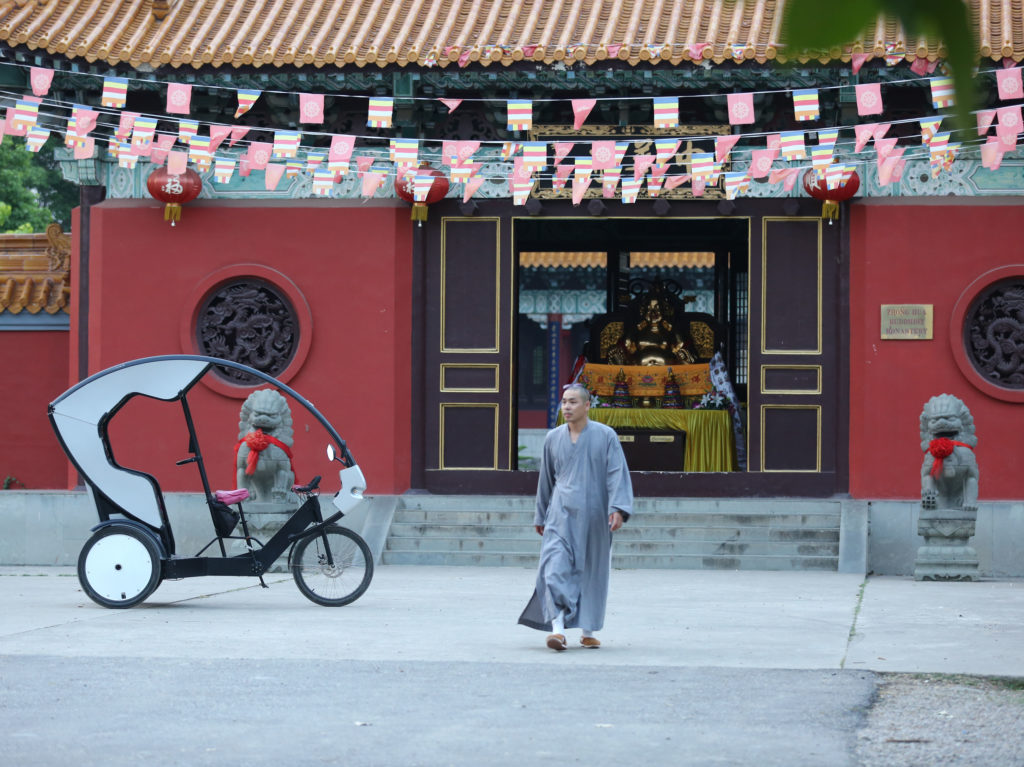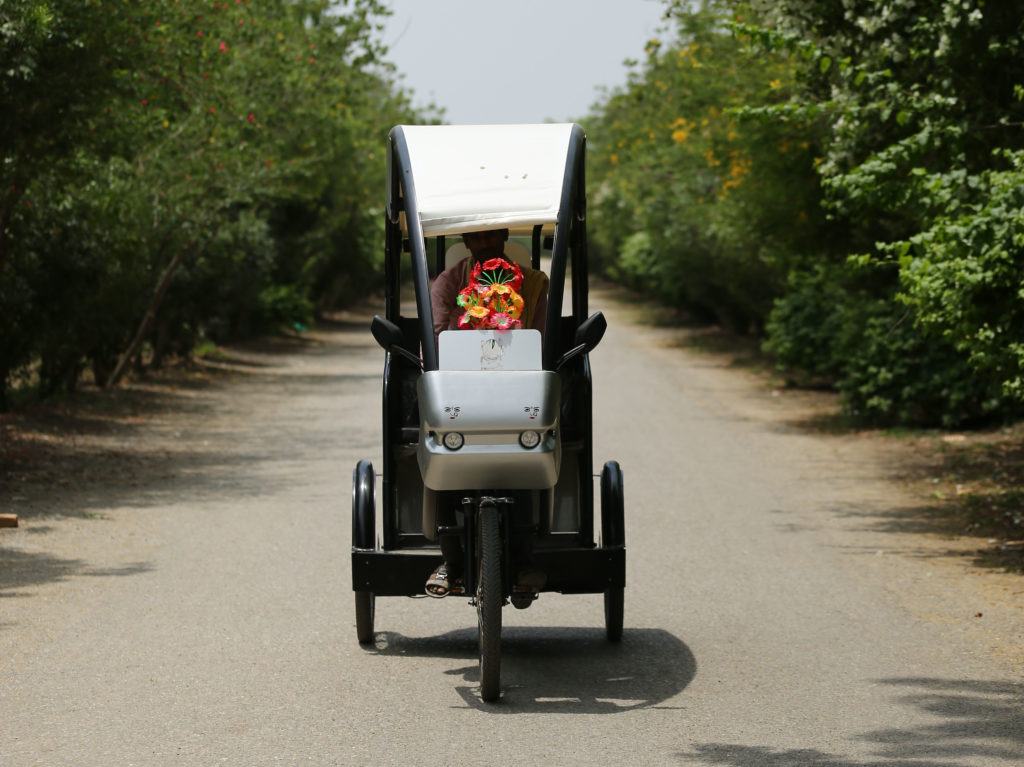Re-Thinking Urban Mobility
Client/Funder:
ADB
Location:
Kathmandu, Nepal & Manila, Philippines
Catapult Service Line:
Design
Thematic Area:
Mobility & Transport
Challenge
Rickshaws are ubiquitous throughout Asia and have been part of the city landscape for more than a century. While considered an economic driver, Southeast Asian rickshaw drivers and the broader industry face several systemic and localized challenges, including but not limited to: lack of government support, lax safety standards, and a perception of being archaic and antiquated. In extreme cases, some localities are banning rickshaws altogether.
Despite these barriers, many people in low-income areas are reliant on rickshaws for transport, delivery, and income for their families and livelihoods. To ensure the future of the rickshaw industry, the Asian Development Bank (ADB) wants to develop a modernized pedicab—a bicycle-powered rickshaw—in order to convince Southeast Asian city councils and entrepreneurs that rickshaws remain a sustainable public transport option and business opportunity.
Work
In collaboration with the ADB, Catapult gathered a team of international experts embedded in Southeast Asian countries and manufacturing hubs to take on this challenge. The team we put together contained many years of experience in the non-motorized mobility sector and more than 30 percent were living within the project locations. Our work included:
- conducting design research in target Asian cities
- developing multiple concepts and prototypes in China for user-testing
- field-testing 60 units in select cities to test key features and concepts
- taking the final pedicab design into production working with Shanghai manufacturers
- developing a distribution strategy using our in-team import/export and country managers
- enabling knowledge sharing around project findings and releasing the final vehicle specifications to help spur replication
Results
Catapult’s work contributed to the sustainable transport movement and helped ADB demonstrate how a thoughtful design approach can improve their overall impact. The final design:
- provides a non-motorized, fossil-fuel-free, modern, and manufacturable rickshaw template for all Asian cities to replicate
- equips ADB with a prototype to lobby Southeast Asian decision-makers to actively change their public transport systems to be more environmentally and socially sustainable
- increases low-income public transport and employment options in Southeast Asia


